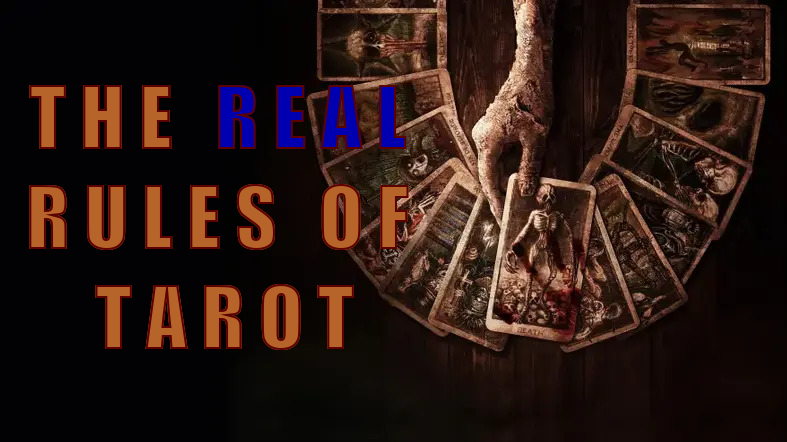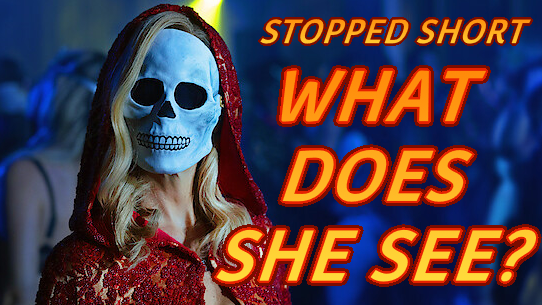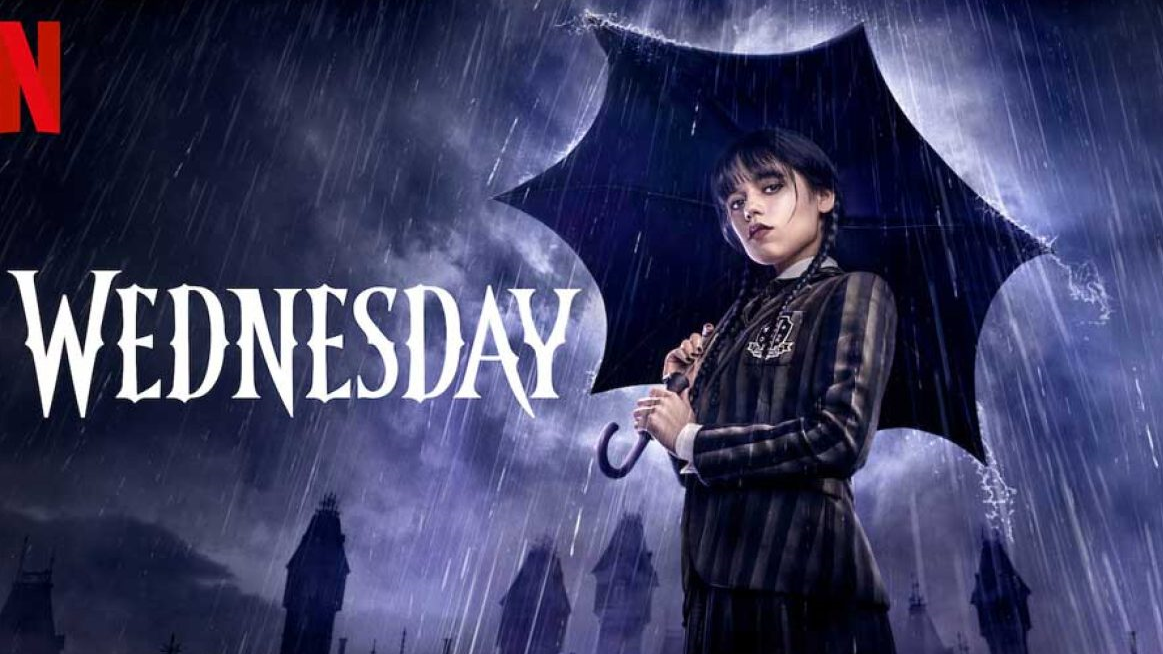WHO IS LADY WHISTLEDOWN?
BRIDGERTON'S GREATEST MYSTERY
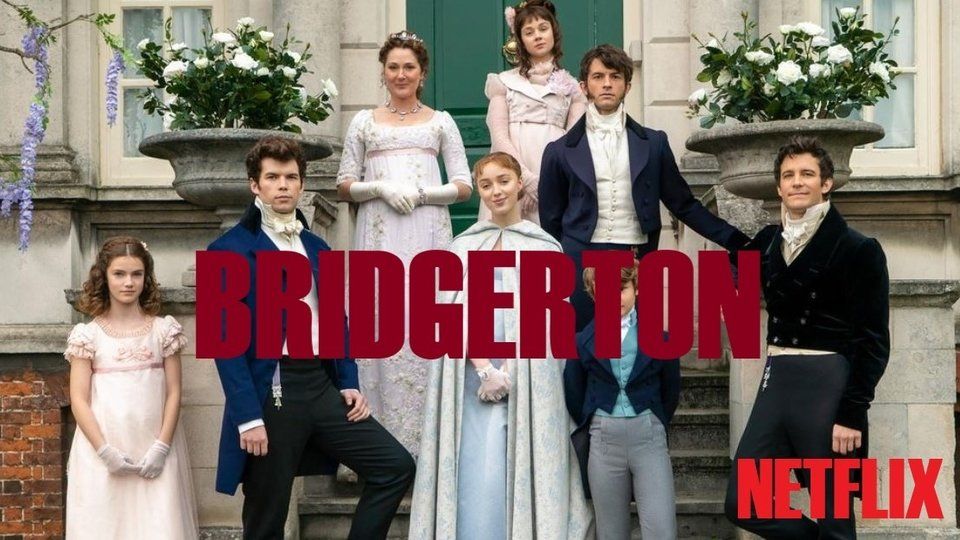
SPOILER WARNING. OBVIOUSLY.
"Bridgerton" is not your run of the mill Regency romance.
Netflix brings the regency era to life with a unique perspective that our modern world can understand such an outrageous culture. Historically accurate it is not. Those who critique "Bridgerton" thusly miss the point of its creation. It is not meant to be accurate. It is fiction that teaches 2020 how humanity progressed. More importantly, it teaches us how far we have yet to progress, because even in our modern times, prejudice is very much alive. Sexism and racism lives when it should not.
In the fantasy world of Bridgerton, people of separate race achieve status and power after a black woman takes the throne, but women do not achieve independence. They remain second rate citizens, put on display for men to stake their claim. Young women are trained for marriage and motherhood. Nothing more. It is despicable, and it leaves some women craving more out of life.
Such is the case for Lady Whistledown, the debut season's greatest mystery. She writes about the lives of others with abandon. Her frustration and outrage with the limitations of her life shine in her words with every published pamphlet. The boredom of upscale life provides her a captive audience. Every powerful family in London eats up her words in their struggle to find purpose in their fleeting lives.
Whistledown uses what little control she has in her life to win the power she craves. Through her advantage as an overlooked wallflower, her skills as a writer, and her human need for artistic expression, this mysterious author is a woman in tremendous pain.
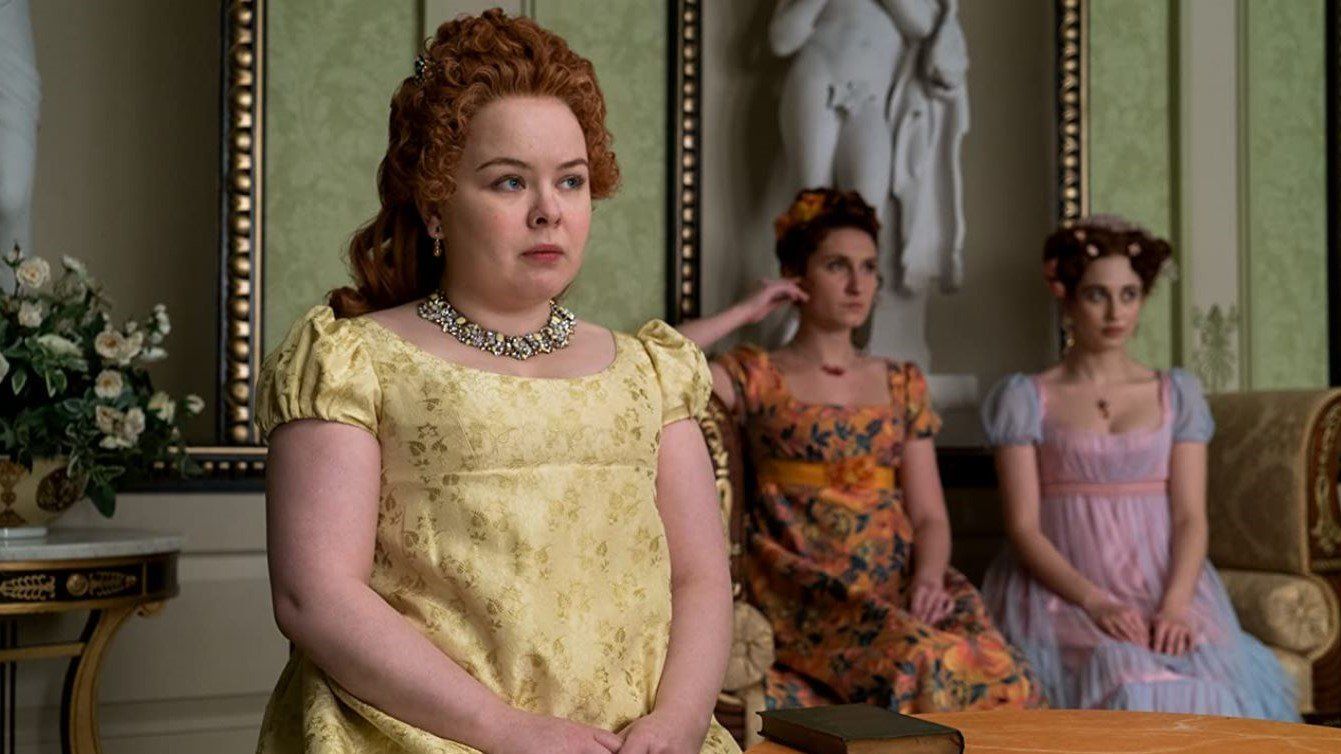
Yes, Lady Whistledown is nonother than Penelope Featherington, the unassuming, timid wallflower. Who better to absorb secrets? It is easy for her to win the trust of her friends while remaining invisible to the rest. She must feel hopeless to find a husband in a pool of stiff competition, especially to the man for whom she pines. Thus, she takes matters into her own hands in a very unconventional way. Let's explore the making of Lady Whistledown.
INSPIRATION
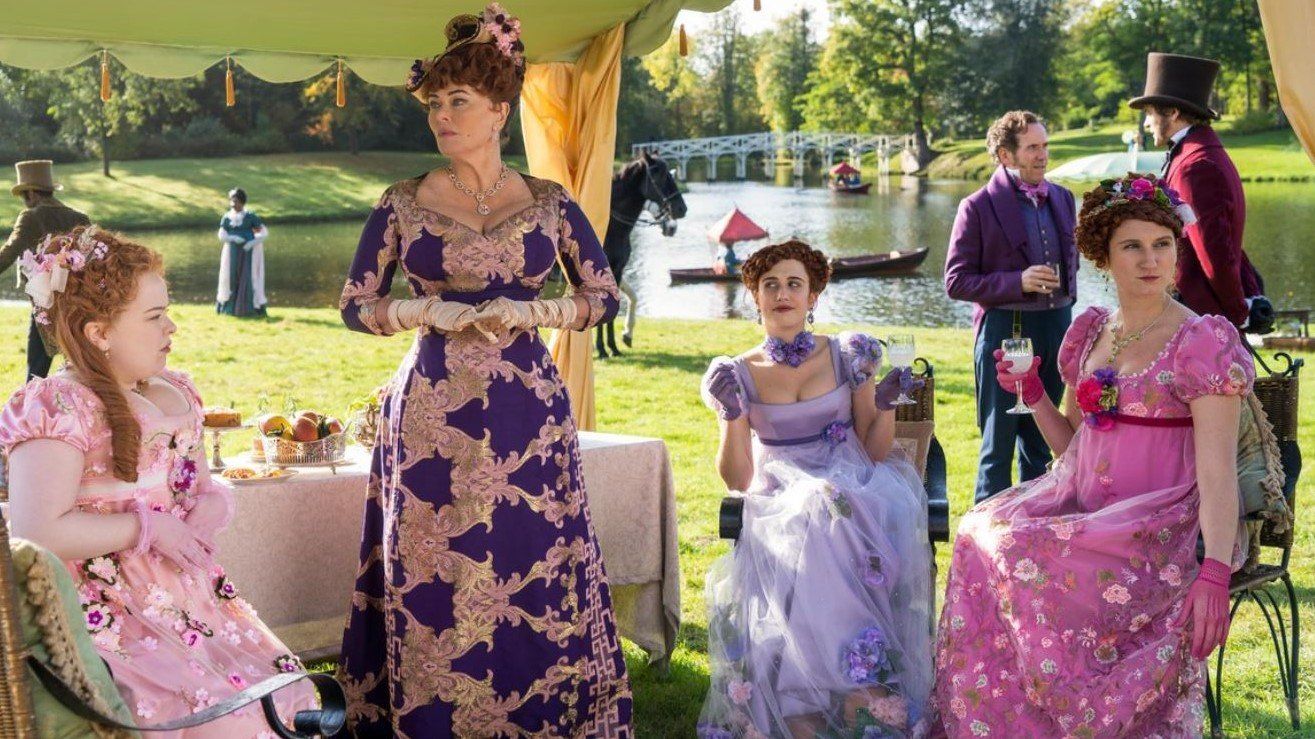
It becomes abundantly clear throughout the season that the "Lady Featherington" is a terrible gossip. She spends more time chatting with her friends over tea than she does pay attention to the affairs of her family and the financial state of her household. She spends money faster than her husband makes it. All the while, her youngest (invisible) daughter Penelope is sitting in the background listening to every word.
Meanwhile, Penelope's preference for reading gives her the skills of a compelling scribe. Her new (albeit stressful) experience of being a lady on the market provides the pamphlet with a unique flavor. She writes as she learns about the complexities of marriage and womanhood. Her mother's gossip fills in the gaps. Together, they make the Lady Whistledown.
FAMILY FAVORITES
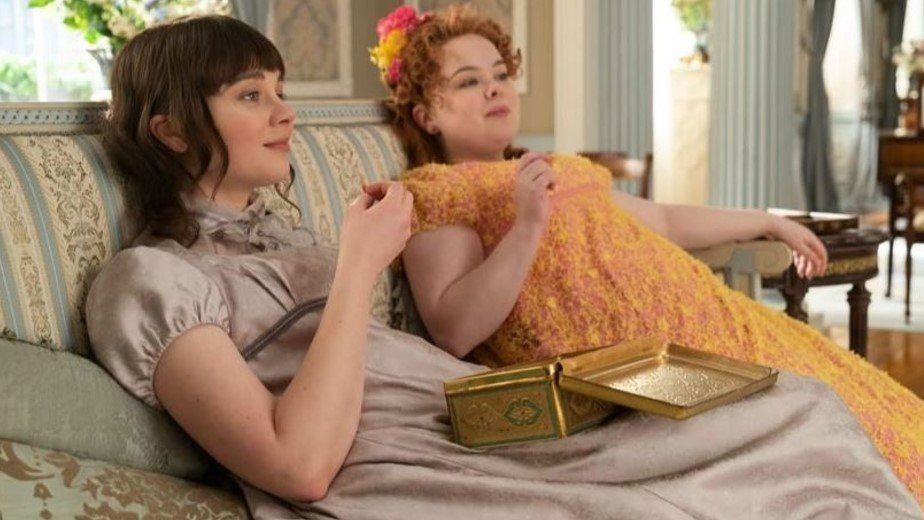
Another important clue lies in her personal life behind closed doors. Penelope's sisters bully her for her appearance. She is not even allowed to wear her favorite color. Her mother insists she wears yellow when Penelope prefers pink. Every moment of her life is controlled and scrutinized by the people who ought to love her most.
It should then come as no surprise that she would want out of the Featherington family all together. She would prefer to join her neighbors across the street. Therefore, she places her hope in Colin Bridgerton to marry her. This favoritism is evident in her introduction when she addresses both families.
Featheringtons:
"Three misses foisted upon the marriage market by like sorrowful sows by their tasteless, tactless mama."
Bridgertons: "A shockingly prolific family noted for its bounty of perfectly handsome sons."
It's clear of which family this author would rather become a member. A Featherington girl in love with a Bridgerton boy, the same young man she hopes to protect and secure at all costs. Even if it ruins her family name.
EXPOSING SCANDAL
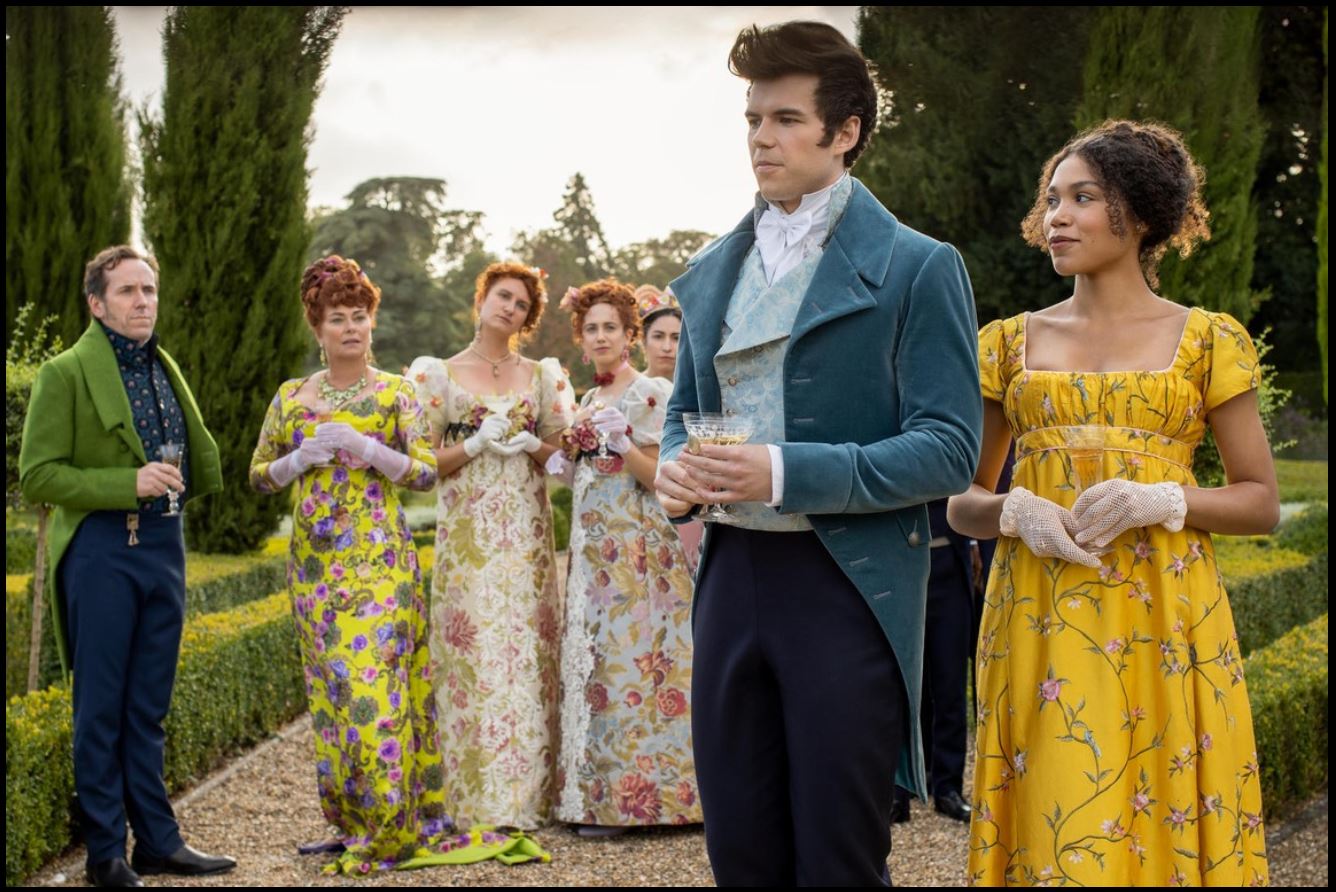
There is one specific secret that remains out of the scandal pamphlet for the majority of the season, which is the most damning scandal of all. Miss Thompson's pregnancy. Penelopy knows this secret from the beginning. Yet, she tactfully keeps it out of her papers for two reasons:
1) She faces the ruin of her family.
2) She would face the exposure of her alias.
It is only when her awful mother's ambition breaks Penelope's innocent heart do the two worlds finally merge. She exposes the scandal as her last, desperate attempt to stop an engagement between Colin and her dishonorable cousin.
At the end of the day, that is the purpose of her work. She vows in her introduction to expose London's scandals. That is exactly what she does here. She uses the resource available to her to earn the one thing her mother never gives her: acknowledgment.
Lady Whistledown is regarded as both villain and savior for the Bridgerton family throughout the season. In reality, she is neither. She is simply a writer. She reports what she hears and sees. Penelope Featherington, on the other hand, is a young woman in pain. She uses her creative outlet to vent the frustrations of her lonely life and unfair situations. What is so wrong about that? Perhaps, Penelope's neighbors and friends would be better off by reaching out to her instead of fueling the drama.
What an intriguing first season. Beneath the surface of this naughty story is the most entertaining mystery I've seen so far this year. Let us hope the following season live up to their predecessor. Will Lady Whistledown give Penelope the power she needs to break free? Only time will tell.

